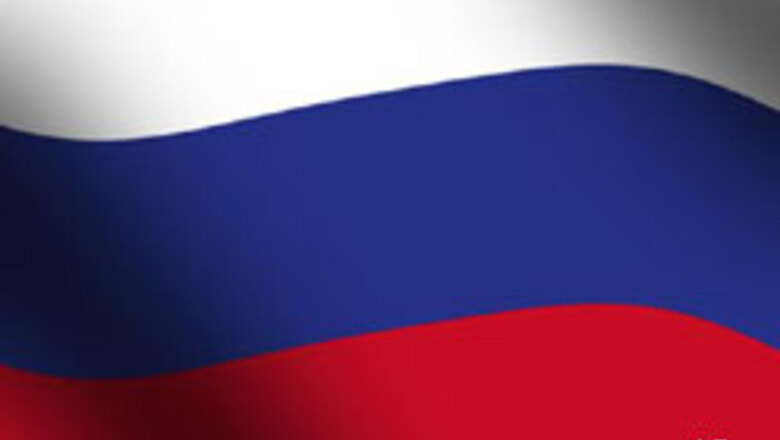
views
Moscow: Russia conducted 45 per cent of the world's spacecraft launches in 2006, maintaining its leading position, the head of the Federal Space Agency, Anatoly Perminov said.
"Russia's current share in the spacecraft launch market is about 40 per cent, and counting joint Russian-Ukrainian launches from the sea launch platform it totals about 45 per cent of all launches conducted in the world," Perminov said at a year-end news conference.
In 2006, Russia already conducted 25 launches, including a Soyuz-2-1B carrier rocket with a Fregat booster and a French Corot satellite Wednesday, Perminov said, adding that in 2007 the number of launches will be reduced to about 20.
Perminov said that Russia would allocate 24.04 billion rubles ($912.3 million) for the Federal Space Program in 2007.
"The budget for the Federal Space Program in 2006 totalled 23 billion rubles ($873 million), and in 2007 it will reach 24.04 billion rubles, without additional revenues," the official said.
The head of the space agency also said the US was in second place in spacecraft launches, with 18 launches conducted in 2006, while Japan and China shared third place with six launches each.
The US will use Russian spacecraft to fly its astronauts to the International Space Station (ISS) after 2010, he said.
"Until 2010, the US will use its space shuttles (to bring astronauts to the ISS), but after 2010 and until 2015-20 they (the Americans) will fly to the station on board Russian spacecrafts," Perminov said, adding that Russia will start building its own space shuttles, the Clipper, in 2012.
In 2007, Russia will send two piloted spacecraft and four cargo ships to the ISS, he said.
"We have determined that one place in the Soyuz spacecraft will be always reserved for a Russian cosmonaut, another - for an American astronaut, and the third will be offered to space tourists," Perminov said adding, "The list of space tourists from various countries has been filled in until 2008."
The official said that Russia would complete in 2009 the creation of its GLONASS satellite navigation network, which is similar to the US GPS global positioning system.
"We have no doubt that in 2009 we will complete the GLONASS network, which consists of 24 satellites, and (precise) navigation will be possible anywhere on Earth," Perminov said.
He also urged countries involved in space exploration to develop international rules for cleaning up "space garbage".
"We need a system of international measures for regulating the clean-up of space garbage," Perminov said adding, "Unfortunately, it does not exist at present, but we are discussing it."
Speaking about international cooperation in moon exploration, the Russian space chief said Russia will not join the US in its programme, but will develop its own unmanned exploration techniques.
"Russia will study the moon using unmanned methods, meaning with the help of robotic equipment," Perminov said adding, "We are fully cooperating with China in this area."




















Comments
0 comment